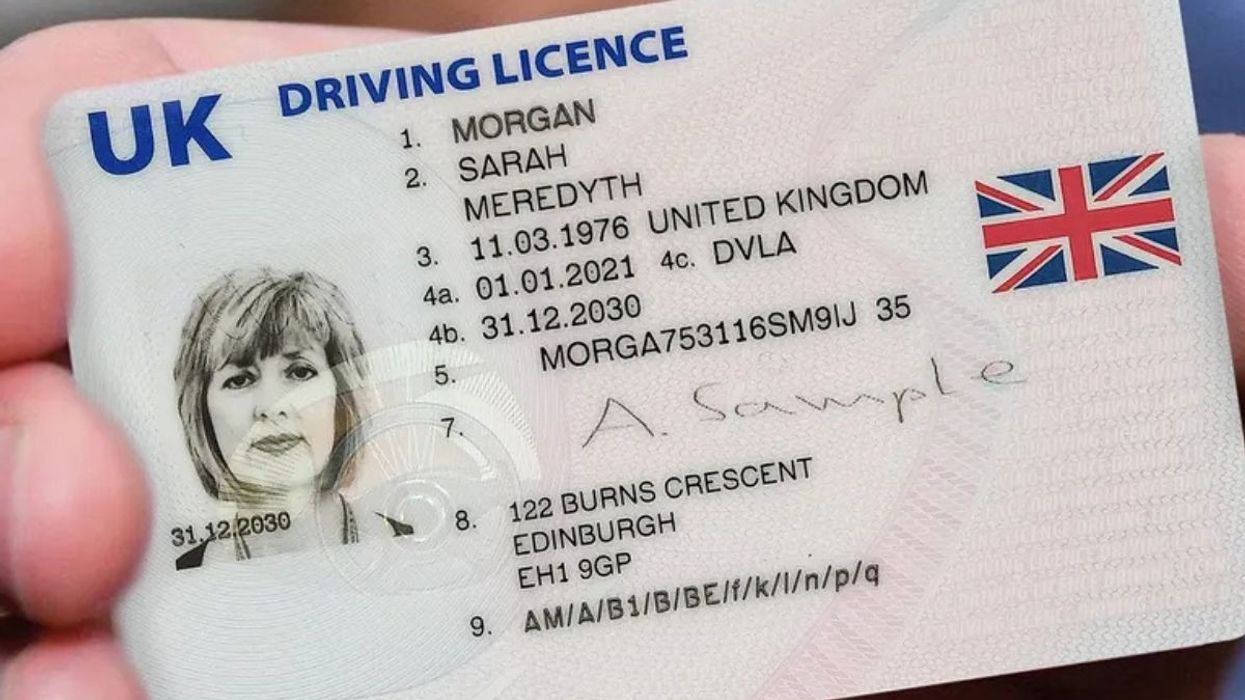Some women at a higher risk of miscarriage are to be offered a hormone drug.
Don't Miss
Most Read
Latest
Some women at a higher risk of miscarriage are to be offered a hormone drug.
The National Institute for Health and Care Excellence (Nice) has issued an update to its guidance on miscarriage which says that certain women can be offered progesterone to help prevent pregnancy loss.
Charity Tommy’s said the move will “help save babies’ lives and spare parents heartache”.
Nice said women who have had previously had a miscarriage and have a pregnancy confirmed by scan who are bleeding can be offered 400mg of micronised progesterone twice daily.
If a foetal heartbeat is confirmed, it is recommended treatment with progesterone should continue until 16 weeks of pregnancy have been completed, Nice said.
Nice estimates that around 7,200 women with prior miscarriage and bleeding in early pregnancy could be eligible for treatment with progesterone each year, though Tommy’s said the move could prevent as many as 8,450 miscarriages a year.
Nice’s independent guidelines committee said the hormone should not be offered to women with early pregnancy bleeding but no previous miscarriage, nor in women with previous miscarriage but no early pregnancy bleeding in the current pregnancy. But it has called for more research in these two areas.
It said there is no evidence of harm to the mother or baby from the use of progesterone, although the evidence is insufficient to rule out the possibility of rare events.
Commenting on the update, Tommy’s chief executive Jane Brewin said: “It’s great to see Nice taking our progesterone research on board in their new miscarriage care guidelines, which will help save babies’ lives and spare parents heartache.
“Miscarriage is often dismissed as ‘one of those things’ we can’t do anything about – even by some healthcare professionals, who may not specialise in this area to know the latest evidence.
“We hear from women who were denied progesterone treatment when they should have been eligible, simply because their doctor wasn’t familiar with it, so we hope Nice’s recommendation will help end some of these inequalities in miscarriage care that add more pain to an already unbearable experience.”
Professor Arri Coomarasamy, director of Tommy’s National Centre for Miscarriage Research at the University of Birmingham, said: “The miscarriage care guidelines from Nice include a very welcome change, after many years researching the use of progesterone and working to make treatment more accessible.
“Our research has shown that progesterone is a robust and effective treatment option but we know it’s not yet reaching everyone who might benefit.
“This new recommendation from Nice is an important step in tackling the current variation in miscarriage services across the country and preventing these losses wherever possible.”





































